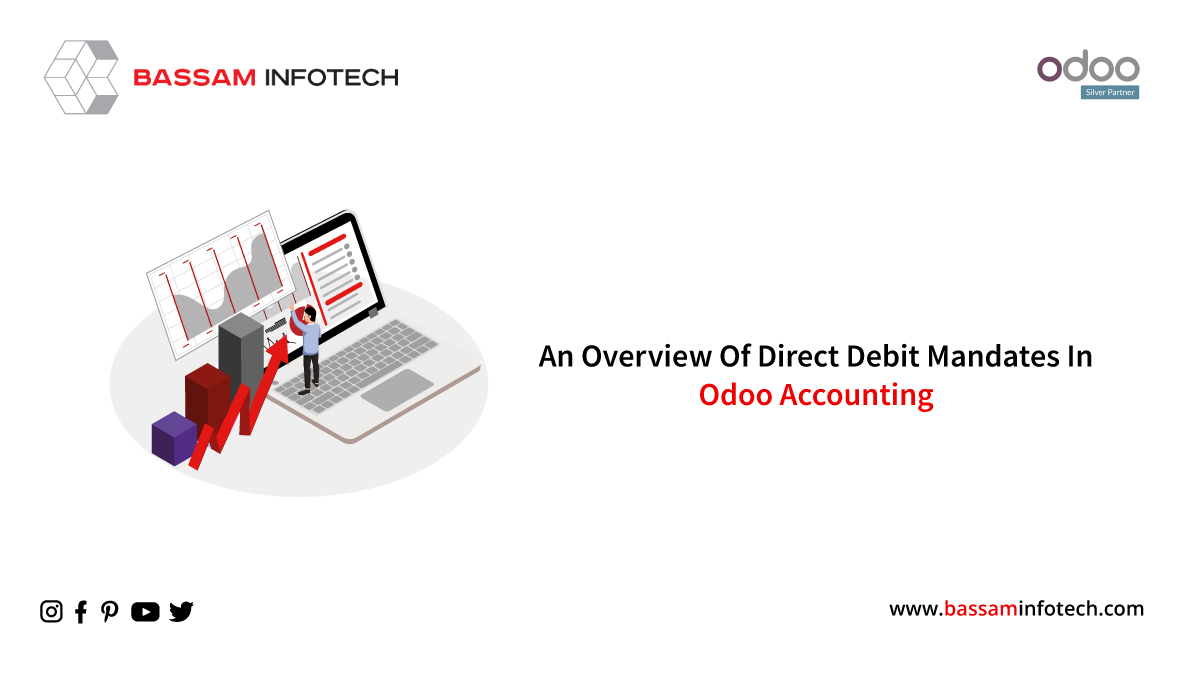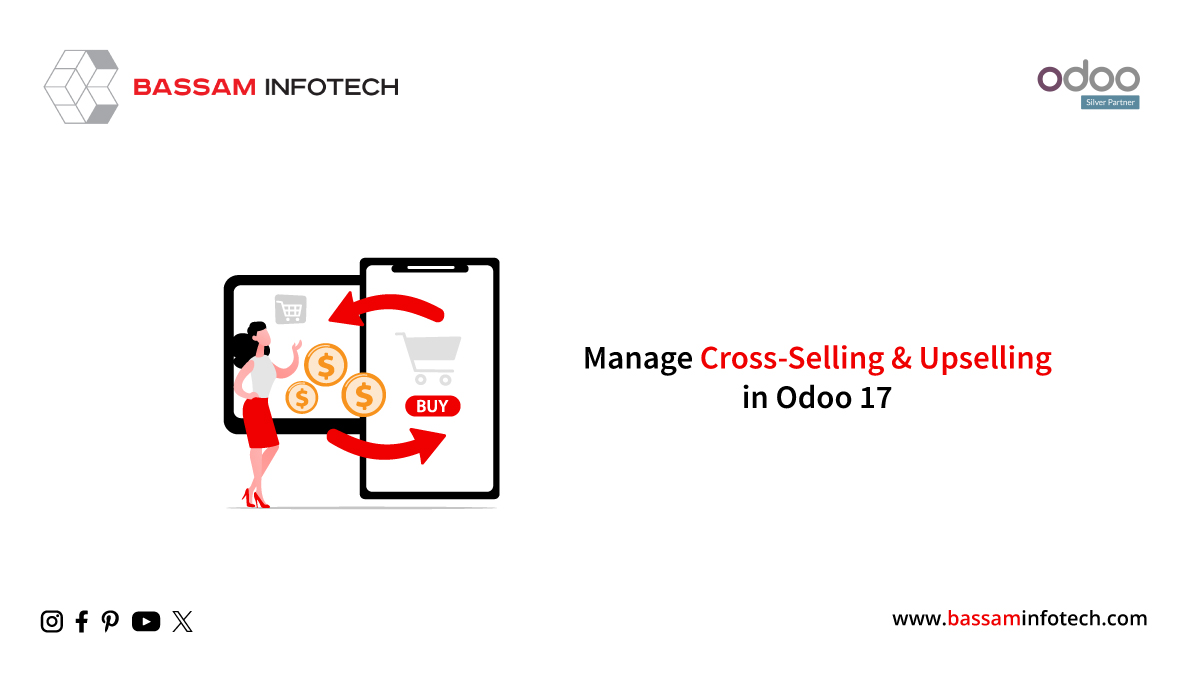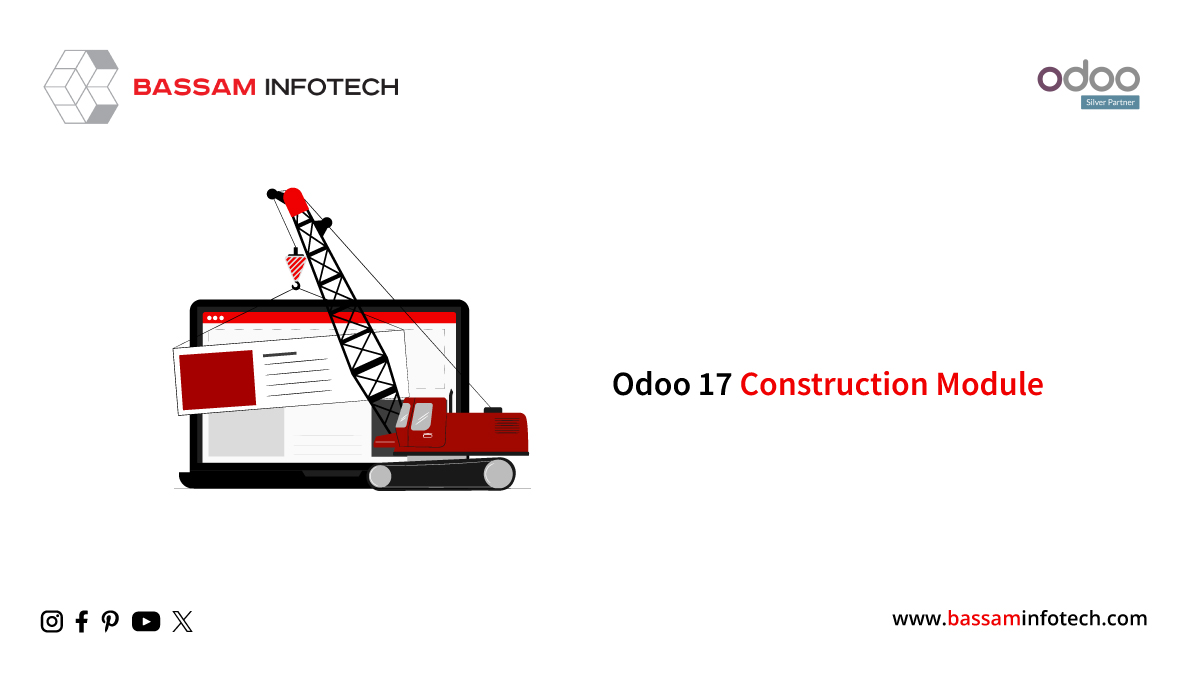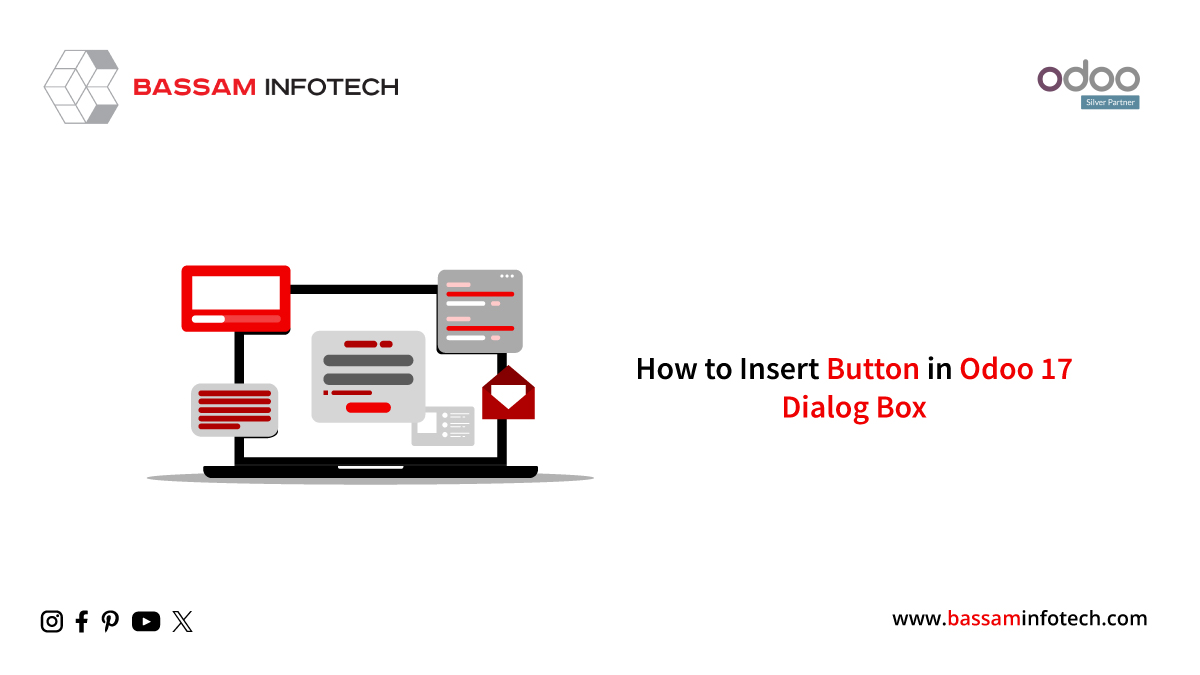An Overview of Direct Debit Mandates in Odoo Accounting

Financial transactions must be completed efficiently if modern business operations are to be successful. An open-source ERP system that is both powerful and adaptable, Odoo provides an all-inclusive solution for handling several facets of a business’s operations, including financial transactions. The use of direct debit mandates, which expedite the process of collecting payments from clients, is a critical component of financial management. Customers sign direct debit mandates, which give businesses permission to deduct payments for purchases and subscriptions automatically from their own bank accounts.
With the help of the sophisticated Odoo 16 ERP system, we can now complete this task with ease. With just one click, the funds can be taken out of the customer’s account via Odoo’s EURO SEPA service, and with Odoo, you may incorporate SEPA the direct debit service into your system. This enables you to obtain signed mandates and authorization from your clients, which you can use to retrieve payments from individual customer accounts. This functionality will help the client and the business in the event of recurring payments and subscriptions.
This article examines the importance of direct debit mandates in Odoo, their advantages, how they are implemented, and how they affect organizations.
The Significance of Direct Debit Mandates
Mandates for direct debits are a vital instrument for streamlining and automating the acquisition of periodic payments from clients. Within an Odoo setting, they are essential for:
Effectiveness: Required direct debits relieve enterprises of the administrative load by doing away with the necessity for manual payment processing. On specified dates, payments are automatically begun, securing prompt collection.
Cost Reduction: Businesses can drastically save expenses related to paper invoices, checks, and manual payment processing by automating payment collection.
Better Cash Flow: Reliable and steady payments improve cash flow management, enabling companies to more efficiently plan and assign resources.
Better Customer Experience: Since automated payments save customers the trouble of remembering deadlines and manually starting payments, they value their convenience.
Decreased Late Payments: Direct debit rules make late payments uncommon, which helps to create a more steady and dependable source of income.
There is a structured procedure involved in implementing direct debit mandates in Odoo
1. Choosing a Payment Gateway
Companies need to pick a direct debit service provider or payment gateway that works well with Odoo. For European nations, popular choices include SEPA Direct Debit, PayPal, and Stripe.
2. Installing Modules
Within Odoo, install the appropriate module for the selected payment gateway. Usually, you can find these modules on the Odoo marketplace or app store.
3. Configuring Bank Account Information
Enter your bank account information in Odoo, making sure to include the account number and any other pertinent information that is necessary for direct debit transactions.
4. Customer Authorization
Get consumers’ consent before establishing direct debit mandates. This can entail getting their authorization via forms or electronic signatures, as well as gathering banking information.
5. Invoice Generation
Use Odoo to generate invoices for the goods and services that clients have bought. The basis for direct debit transactions will be these invoices.
6. Payment Processing
On the due dates listed in the invoices. Odoo will start direct debit operations using the selected payment gateway. Bank accounts of customers will be debited appropriately.
7. Monitoring and Reporting
Follow the progress of direct debit transactions by using Odoo’s reporting and monitoring features. This entails determining successful and unsuccessful payments as well as other pertinent information.
The direct debit mandate, or client authorization, is required in order to process payments via direct debit. Clients will be invoiced automatically for all invoices once the mandates are signed. This will keep the cash flow efficient while significantly reducing the collection efforts. Activating the SEPA Direct Debit in your database should be your first step. The Accounting module’s Settings menu has the SEPA Direct Debit feature, as seen in the illustration below. Remember to enter your company’s Creditor Identifier number in the designated field after enabling this option.
The bank gives you the creditor identification number so you can take money out of the client’s bank account.

You can select the Customers option in order to generate a new Direct Debit Mandate. When an invoice is created in Odoo for a client whose mandate is active on the invoice date, the invoice’s validation will cause it to be automatically paid. To actually receive payment, you will then simply need to create and submit a SEPA Direct Debit (SDD) XML file containing this operation to your bank.

The customer whose payments are to be handled by this mandate can be mentioned in the Customer field of the newly created direct debit mandate creation form. To collect payments, you can add the customer’s account in the IBAN area. Payments made by SEPA Direct Debit will be received in the Journal mentioned above from this mandate. It is regarded as the journal where payments are intended to be made. Verify that your account number is entered correctly in the designated journal. You can enter the SDD Scheme, the mandate’s unique identifier, the Start Date, the End Date, and the Company in the corresponding fields.
In essence, the XML format utilized for this procedure is called the SDD Scheme. You can validate this requirement by clicking the Validate button. After you have entered all the required information in the designated fields. The corresponding smart buttons in the window will display the money to be collected from this customer and the invoice paid with this mandate.
Mandates for direct debit in Odoo are a big step towards enterprise financial transaction optimization.
They support improved cash flow, lower expenses, and more efficiency—all of which are essential for long-term operations. The incorporation of direct debit requirements into Odoo is an example of how contemporary ERP systems enable companies to optimize financial operations. Improve customer satisfaction, and preserve a competitive advantage in a changing market as technology advances.
"Unlock the Full Potential of Your Business with Odoo ERP!"
"Get a Cost Estimate for Your ERP Project, Absolutely FREE!"
Get a Free Quote


